A conversation with Anne Von Osterhausen.
Hi Anne! Tell us a bit about your background in travel. How did you come to focus on connection?
I have worked in the adventure travel industry for most of my professional life, so it’s quite a long story! During university I financed my travels as a cook and tour leader. I learnt Thai massage in Thailand and led tours in Southeast Asia, New Zealand, and Argentina. I took an overland bus carrying 16 travellers from London to Sydney, across 17 countries. I drove around and fell in love with Australia on a working holiday visa: after 4 years on the go, I settled in Melbourne, unpacked my bags and found a job with Peregrine Adventures, which then merged with Intrepid Travel.
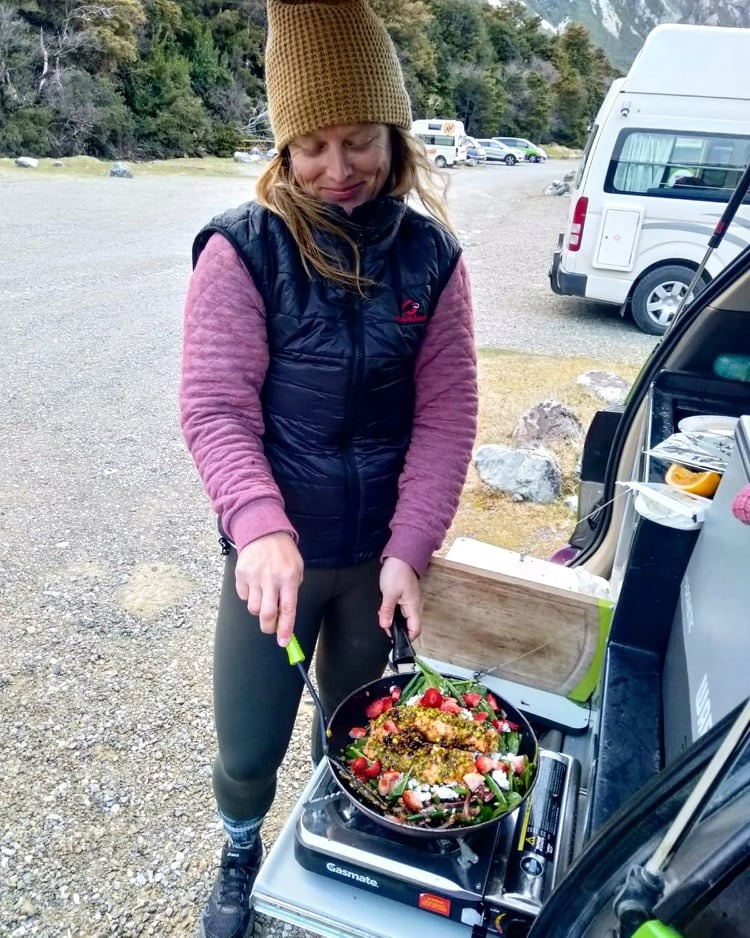
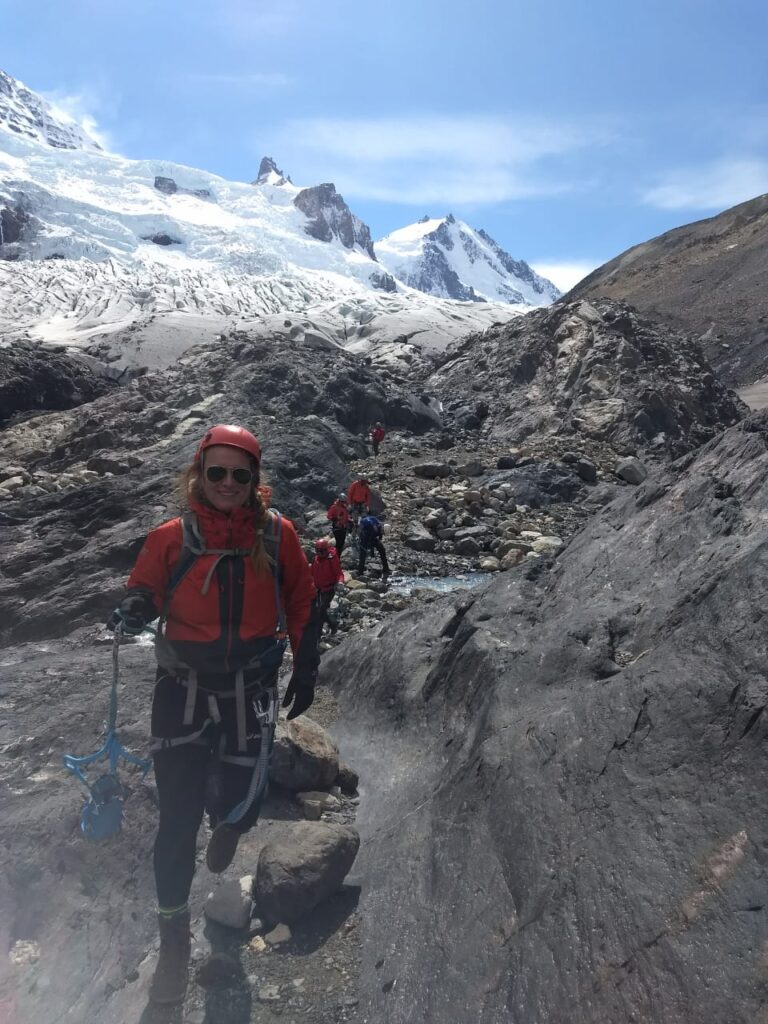
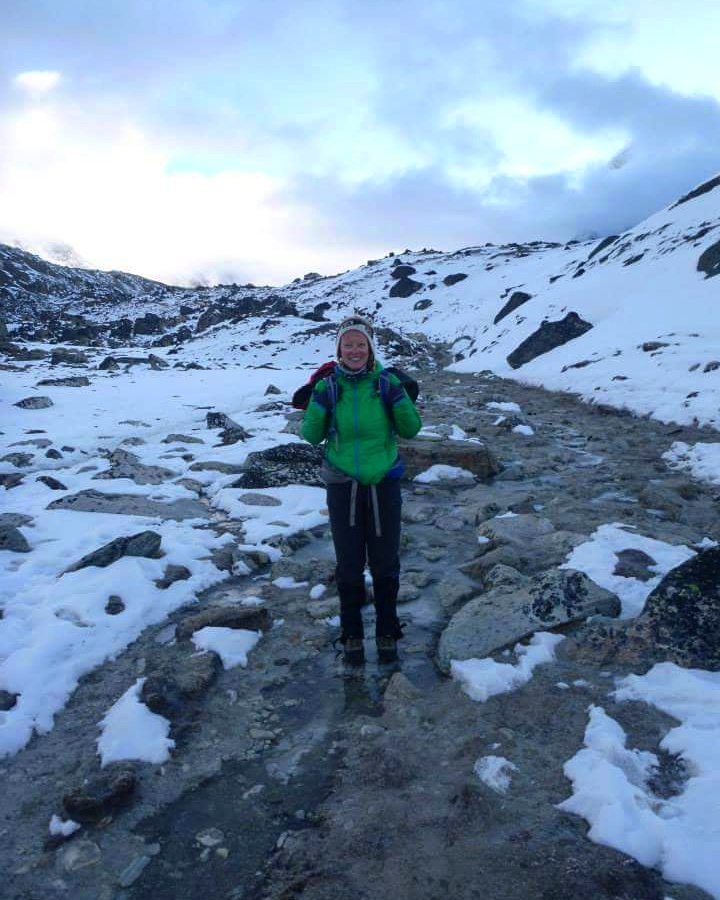
Outside of work, I organised regular hiking and biking trips with friends in and out of the city. I started trail running, and ran my first ever marathon at Everest Base Camp – raising funds for the region after the devastating earthquakes in 2015.
After 5 years in my job it was time for a change, so I joined Intrepid’s day-tour brand and became a nomad once again. I shed my possessions and started to work from as many different locations as possible for the next 2 years. I swapped my rent in Melbourne for short term rentals in various locations across Asia, Europe, North and South America. During this time I worked with local tour operators all over the world.
Early in 2020, just as I was about to settle in Valencia, my position was unexpectedly made redundant. And so, at the start of the pandemic, I found myself in a caravan on a friends’ land near the Portuguese town of Ericeira. I took the leap, deciding to take myself off the grid to let the universe do its thing.
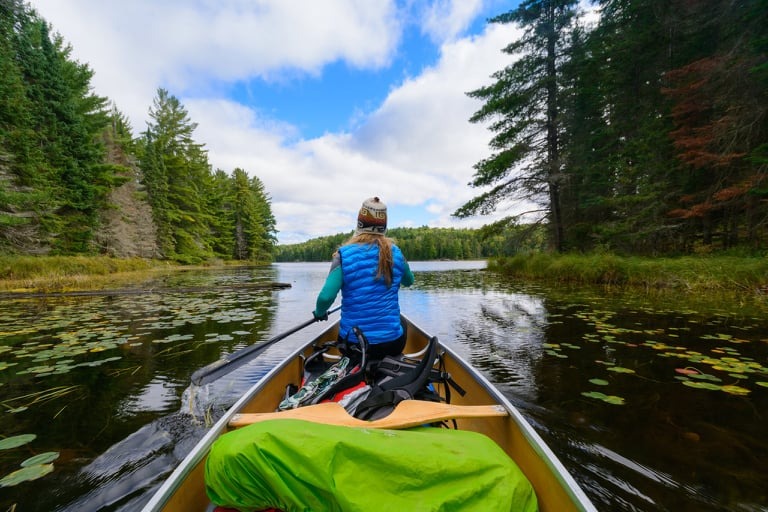
From March till the summer I spent time with my friend’s dogs and kids. I cooked, pickled and baked, I helped build bathrooms, stables, outdoor gyms, and tended the veggie garden. I was introduced to Jiu Jitsu and learnt how to co-live in a growing community of humans and animals, surrounded by nature.
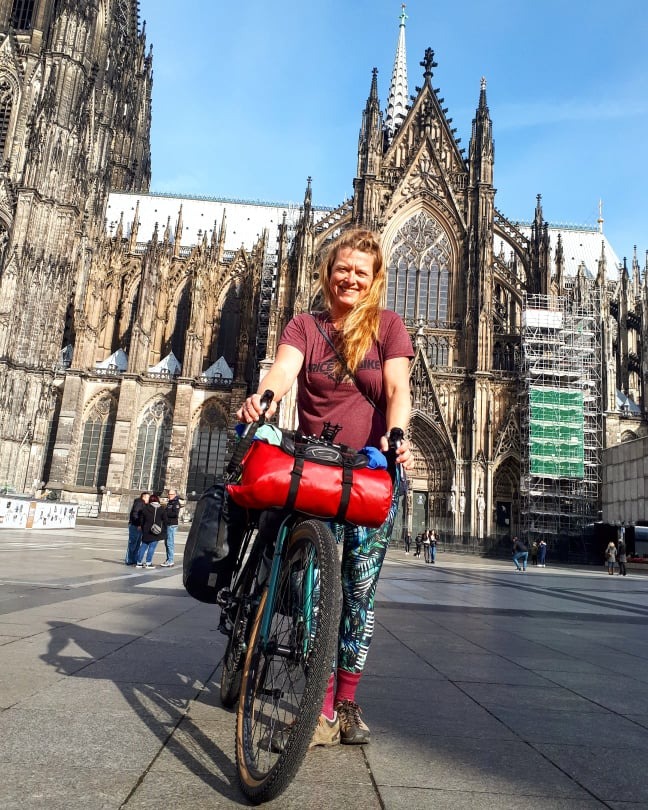
After some months, I felt the need to move and set off on a bike ride home to Germany. For 2 months, I cycled across Europe, slept in my tent and took full advantage of the two luxuries that were available to me after my life took a ‘180’-change: time and space. I reflected on the unexpected changes to see what they had offered up – establishing my values, taking responsibility for my own happiness and asking what I could do moving forward.
During these last months, I have realised that my driver in life is ‘connection’. I started out by travelling the globe and was constantly drawn to explore and learn about other people’s lives. At work I listened to customers when answering their complaints, learning to resolve conflicts with empathy. Travelling, tour-guiding, living in foreign cities, hiking, running, and biking has taught me to become comfortable outside my comfort zone. Connecting to myself and others has enabled me to face changes head-on rather than despairing when they are thrown my way.
I returned to Portugal with fresh enthusiasm and the will to make this my home for the foreseeable future. It was time to come out of my shell again, create new connections, grow my own community, and look ahead at how to build a viable future.
I am now learning to connect with nature. Winter on the land in Portugal has been challenging, but together with my community I am feeling my way through the demands of co-living, supporting, giving, and receiving. I’m exploring regenerative living and permaculture to discover how I can be part of the solution in a balanced and self-caring way. I am slowly creating connections in my new home to collaborate, nurture and support. I am moving away from living in a fast-paced, exclusive, and competitive way.
Moving forwards, my aim is to gather knowledge, put together resources and provide solutions for others to create real, sustainable businesses that support connection and regenerative forms of living.
Quite a journey to get here! You’ve worked in travel a long time. What role do you think that travelling plays in connection?
I have thought about connection a lot over the last 12 months, and how it has influenced my life as a traveller and professional. I think there are 3 levels of connection; we connect to ourselves, other people around us and to nature, or the environment we are surrounded by. There are many ways to create any of these connections, and none are better or worse.
Do you think travelling allows us to make these connections more easily?
Normally, we judge others and situations based on our life experiences, values, and beliefs. This protects us from perceived harm, and keeps us within the comfort zones that feel safe. When we travel to new places, we often spend more time than usual on our own. We also meet and interact with people that are new to us, whether they be other travellers or locals to the area. We step outside of our comfort zones and see their way of living through curious eyes. This helps us understand that there are many different ways to create a life on this planet.
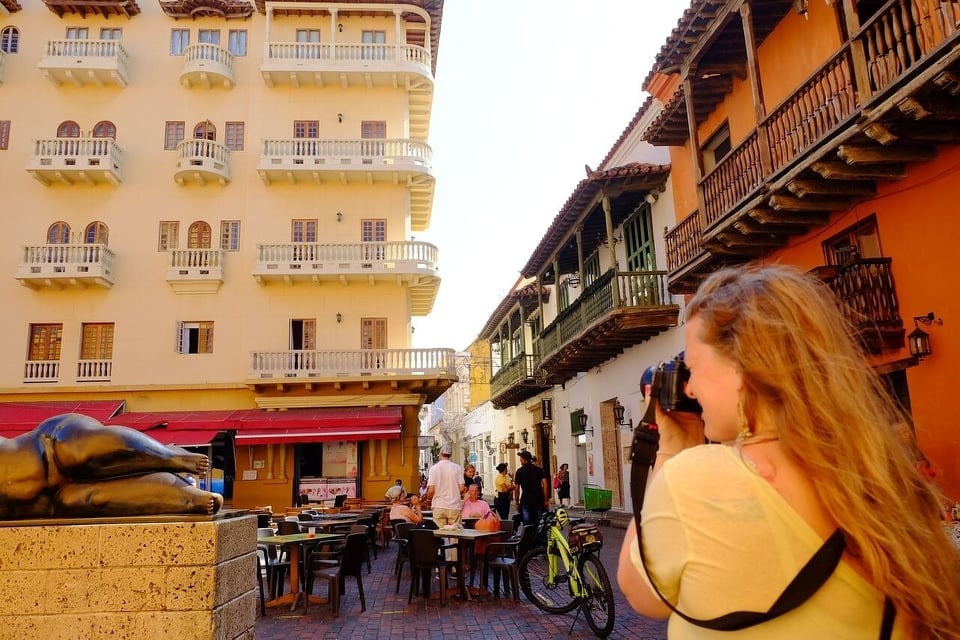
Curiosity is, I think, the opposite of judgment. We ask ourselves (and maybe them) ‘wow, I wonder why they do it this way?’ rather than ‘I cannot believe they are doing that!”. The further these customs are from our own (physically or figuratively), the easier it is for us to look at them in a curious rather than a judgmental way. Without the ability to make a direct comparison, we do not see our ways of living indirectly threatened. It is as if we see a new reality from a child’s perspective.
Going back to the three levels of connection and how this relates to travel, I believe that in travel as in life, you choose which level you are ready to focus on. For example, when I backpacked around Australia, I did not have a balanced connection with nature and healthy living. At the time it wasn’t my focus – it was a time to connect to myself and other people first, to learn, take everything in and have fun. But, as connection in one area grows, interest spreads to other areas.
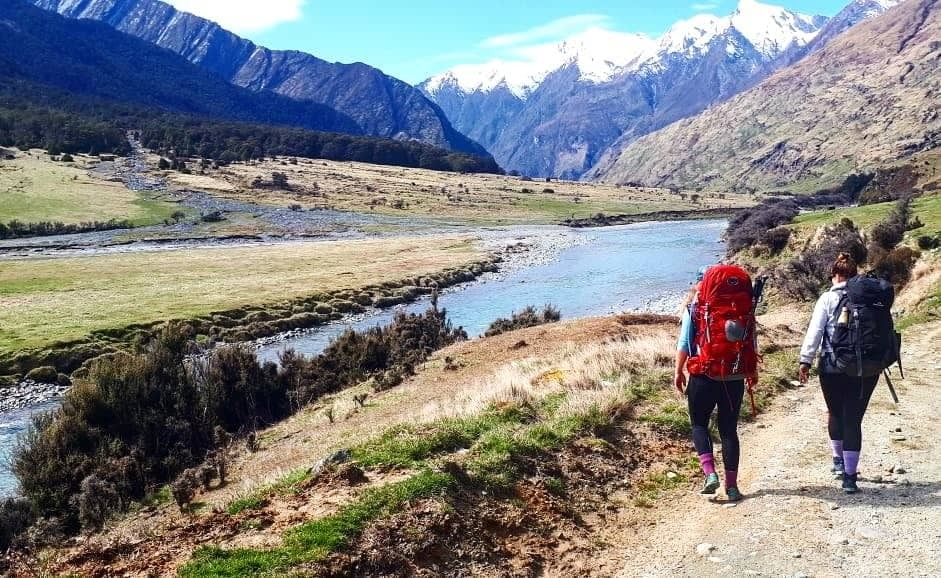
“We can eat a lovely meal if we look up a recommended restaurant online. But the way these experiences become even more memorable is if we relate – or connect – facts with a story.”
So how does connection make for a better travel experience?
We can learn interesting facts if we visit a museum or visit architecture. We can eat a lovely meal if we look up a recommended restaurant online. But the way these experiences become even more memorable is if we relate – or connect – facts with a story. Put a face to a name, create a relation between ours and their reality. It gets even better if someone shares their life experience with us, with all the feelings and emotions that this brings.
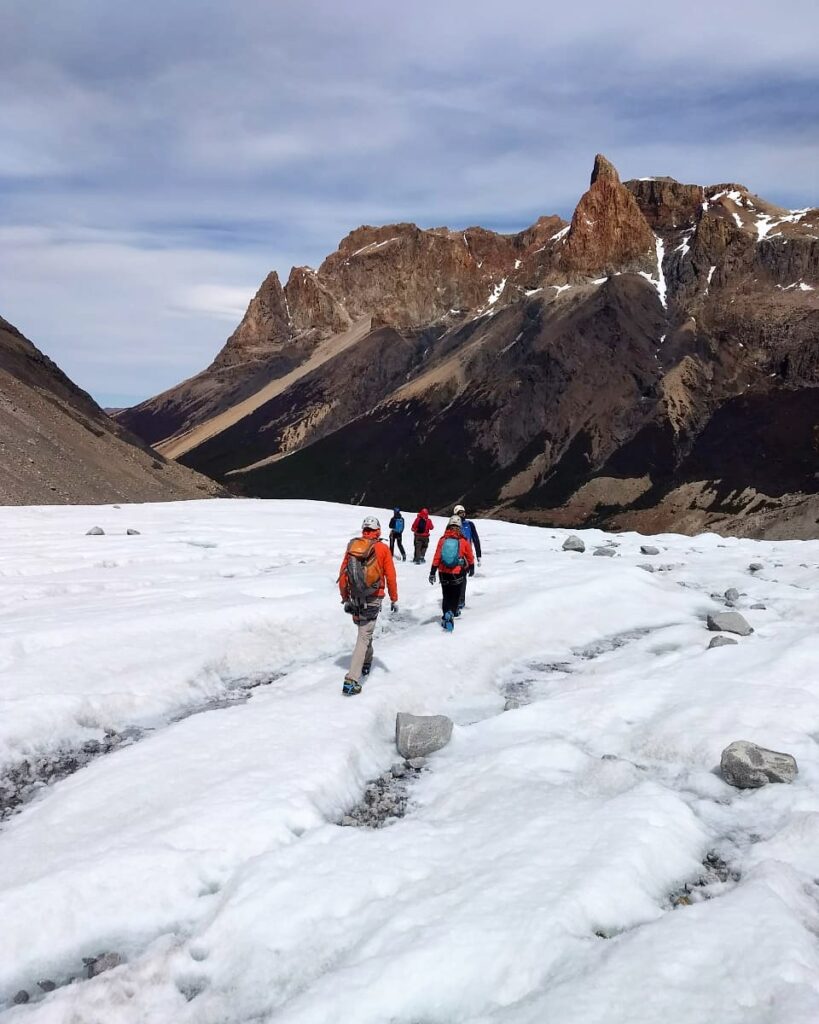
We create an emotional connection to the person, to the place and to that moment, which combined we will not likely forget. If we travel with a group, or go on a tour with a guide, and they create a situation where we feel connected to them, the other people in the group as well as the place we are visiting, the guide will have done a pretty brilliant job.
If the goal of our lives is to be happy and fulfilled, and to keep the planet for future generations, I believe that the more connection we can generate across all three levels (ourselves, other people, nature), the easier it will be to achieve this. There are ways to create connection without travelling of course, but living enriching, rewarding, nourishing and memorable travel experiences both near and far has been my primary way of doing so. It has greatly contributed to my sense of fulfillment.
How do these considerations link with sustainability and regenerative travel?
Creating meaningful connections establishes harmony and balance. We give and receive, teach, and learn, and we live in a constant flow of change.
Sustainable travel addresses imbalances in the travel world. Companies measure their carbon footprint, implement plans to reduce plastic and look at social inequalities in the destinations they visit. The goal is to reduce the negative impact on the world. Unfortunately companies often pursue this more for marketing purposes and profitability than to actually be part of the solution. I’m thinking about things like orphanage visits, animal rescue centres or reducing the plastic straw. It is easy to find an off-the-shelf solution without due diligence, or to stop using certain materials. It’s much harder to start something new.
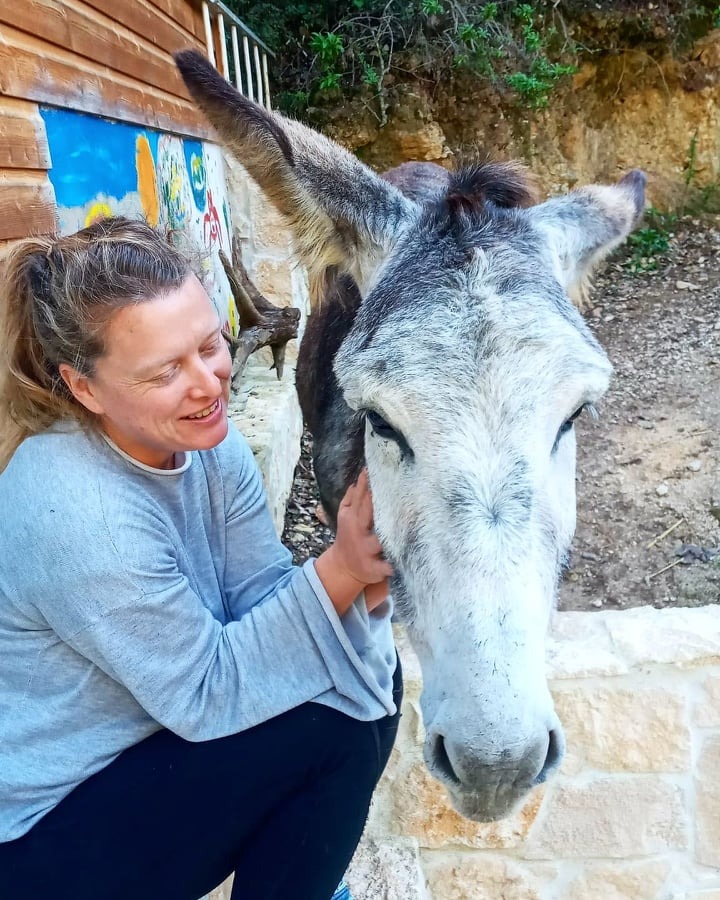
Doing good can be overwhelming: there are so many problems to address. It’s easy to feel like we can never do enough. Have you seen the starving, lonely polar bear limping across the receding icefields looking for non-existent food on your social media feed? It brings tears to our eyes and often makes it easiest to just shut them and continue scrolling. We can use our metal straw and avoid thinking about problems too big to solve.
So how can regenerative travel help us take action on problems that feel so huge and scary?
The way I understand regenerative travel, it goes beyond sustainability. Like regenerative living, it acknowledges that we are all part of the solution and there are many possibilities to achieve the goal. The three levels of connection can help us find a way through these many possibilities. If we have experienced connection on all three levels, we cannot feel comfortable in ourselves when we exploit people or the land. Instead we are motivated to find ways to collaborate and create opportunities for each other and the environment around us. We are kind to ourselves and the people around us, we practice patience, use our intuitions, we balance a life of work and fun.
And what does that mean, in a practical sense?
If we travel to a destination and truly want to connect to it, we want to meet the people who live there. We visit shops that are run by locals and eat at restaurants that treat their employees fairly. We eat/cook healthy meals sourced from produce that grows in the area. We travel slowly enough that our bodies can keep up, so that we can fully enjoy the time and money we invested into this experience.
Where sustainability intends to not leave a negative footprint, regenerative travel wants to be enriching and positive for everyone involved. Visitors and locals treat each other with as much mutual respect as they treat the environment around them. This may sound like a utopia, but I am an optimist at heart. In the world of entrepreneurs, we are always told to set high goals for ourselves, so why not imagine travelling regeneratively? Let’s go beyond getting rid of plastic straws or takeaway coffee-cups to really get to the root of the issue. If you travel with empathy and connect with people and the land, you cannot in good faith act in an exploitative way.
How have you seen this type of lifestyle benefit local people and the environment where you are?
I think we can recognise that most of us who are able to travel own certain privileges. I for myself was born in a country with free education, an excellent health system and one of the best passports in the world. The pandemic and international lockdowns have caused much sadness, anxiety, and separation around the world, but they have also provided many of us with an opportunity to experience two luxuries that I might have mentioned before – time and space. I cannot remember when I last had so much time to hear myself think, to contemplate and just to BE. I am in a lucky position that I am living in the middle of nature, which also makes the second luxury – space – quite apparent to me.
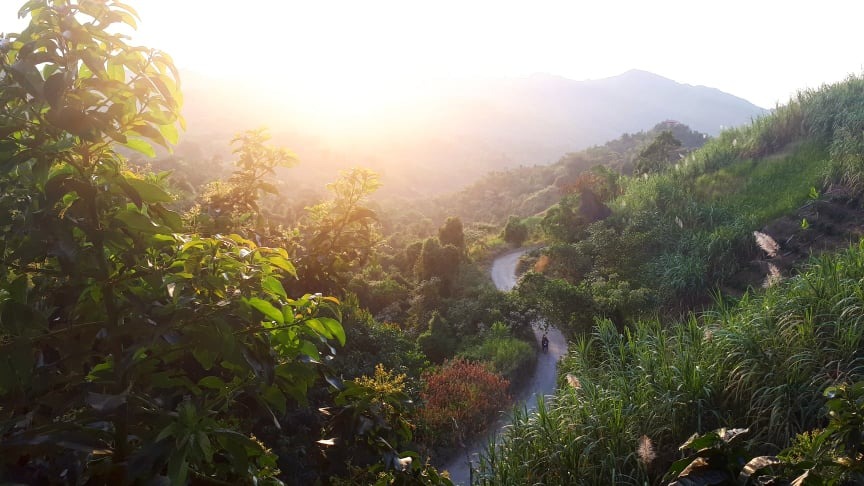
In my geographical location, I am surrounded by people who are seeking alternative ways of living. There is a growing community of expats and locals who, just like people in my global network, are looking to live a simpler life. I think that many people are starting to notice the opportunity rather than the constraints. There is a the feeling of fulfilment we can achieve if we start to quiet the noise around us. We can listen and connect to ourselves, the community and environment around us.
Many people I have been speaking to have had similar experiences. Despite the difficulty of the last 12 months, through it they have found some form of better connection to themselves. Although the travel industry is still mostly non-existent, we can hardly make any plans for our next movements or know whether there will be new job opportunities on the horizon, I hear from many sides that ‘things seem to finally be coming together’.
What’s your vision for where this understanding can take us?
If we start with ourselves, find our happiness and connection, we can start to create connections with those around us. We can create a kinder world, where we can be forgiving, loving and work in harmony with the planet. Doesn’t that sound simple and wonderful?
If we are new to this mindset, what can we do to find more connection in our travel and lives?
- Slow down. When jet-setting around for work and to see family constantly in the past, it often took my body up to 2 days to recover. During my 12 months of change, I embarked on the 4000km-bike trip from Portugal to Germany I mentioned earlier. I acknowledge that this type of adventure may not be for everyone, but it gave me the time and space I needed to reconnect. I took the pace out, set no time limits and gave myself the opportunity to listen to myself and remember what is important to me. Whichever way you can make this work for yourself, try it. Slow down, be good to yourself, give yourself some time and space to connect.
- See what is around you. I am definitely guilty of travelling to far-flung places rather than exploring my backyard first (I moved to the other side of the world after all!). I don’t regret a thing and will always be the first to encourage people to go far away as it has given me so much. However, I now appreciate the beauty around me a lot more than before. I recognise that the more balanced in myself I feel, the easier it is to stop moving all the time. Covid has forced our hand a little on this one – not necessarily a bad thing!
- Connect to the place you are visiting. There are so many ways to do this. For example, eating healthy local produce that is grown organically in the destination you visit. Dig into this as deep as you can; who is serving you and what are their circumstances? Are they given equal work opportunities? Where does the food come from? How do they work the soil, where do they get the water from and is biodiversity negatively impacted? Not only is this good for your body, it also sends signals that this is important and valuable. You can learn about local skills and craftmanship.
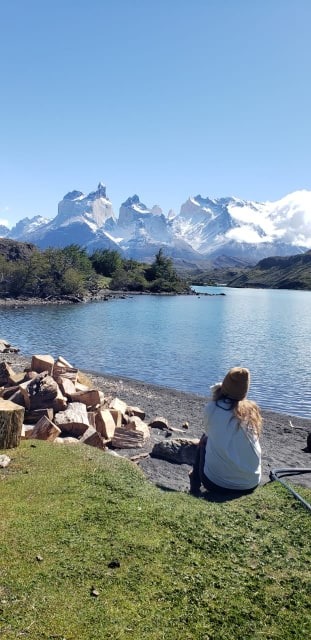
You can learn how to respect the local customs – immerse in the place as much as your timetable allows. What if you are somewhere where there isn’t an organic store, restaurant, or place that you feel fulfils those expectations? To be regenerative for me also means to be forgiving and kind to ourselves. You do the best you can. Make connections as best as you can. If that means shopping at a small local store instead of a supermarket where you can chat to the owner and ask her where she sources her coffee and vegetables, you may be planting a seed for change, who knows.
- Trust the universe. This can mean so many things. It means having patience, which is one of my biggest challenges. Most of all it means connect, trust your judgment and your decisions, and take action.
Words & images courtesy of Anne Von Osterhausen | Edited for No Fly Travel Club by Catherine Livesley
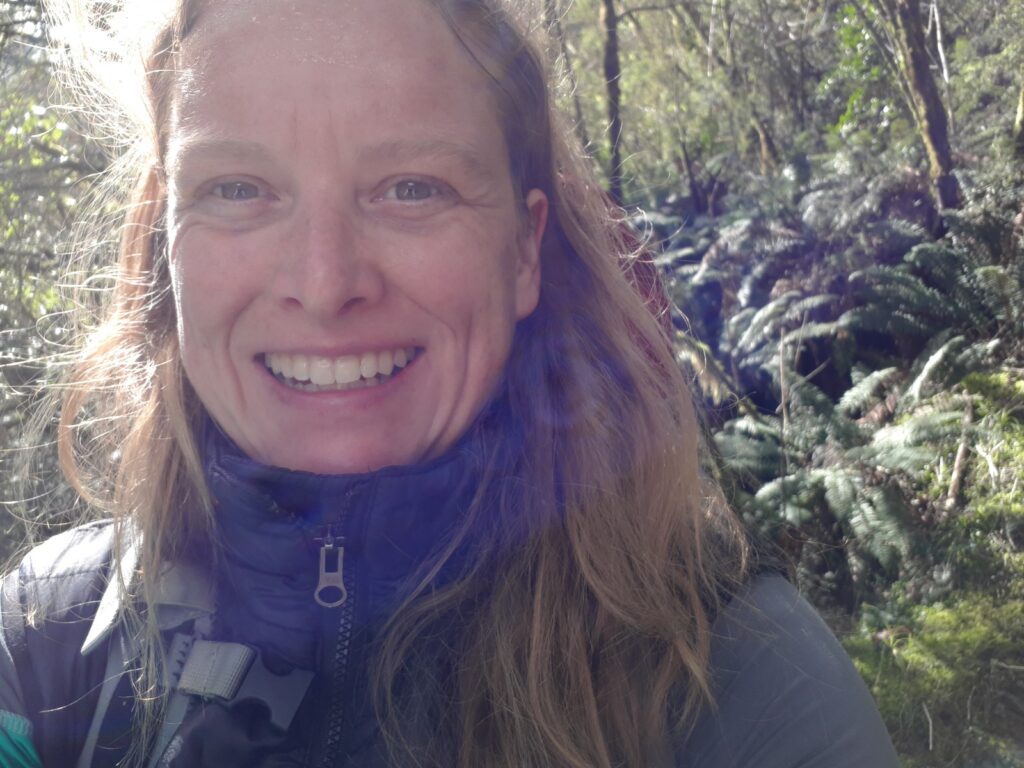
Anne Von Osterhausen has 15+ years of work and life experience in adventure travel. She worked as a tour leader and guide, in sales, customer relations, product and business strategy. Anne now offers her experience as a business consultant for purpose-led tour operators. Based in Ericeira, Portugal, she continues her life-long search for connection, collaboration, open communication and balance. Follow Anne on Instagram, Facebook & on her website.
Like the sound of connecting through travel?
It’s a principle we live by. Be the first to know about new trips, offers and updates: sign up to our club to stay in the loop.
Stay Connected:
More from the blog:
- This mind-set shift will change how you travelWhat do you think of when you imagine a holiday? Soft white sand? A calming view over the sea or a shady… Read more: This mind-set shift will change how you travel
- How to travel overlandThe evidence is clear – we know that we need to fly less. But how can we make this work for us… Read more: How to travel overland
- Travelling during Covid-19Covid 19 has brought new requirements for travel, but it doesn’t have to be confusing. Read our support and guidance on travel requirements.
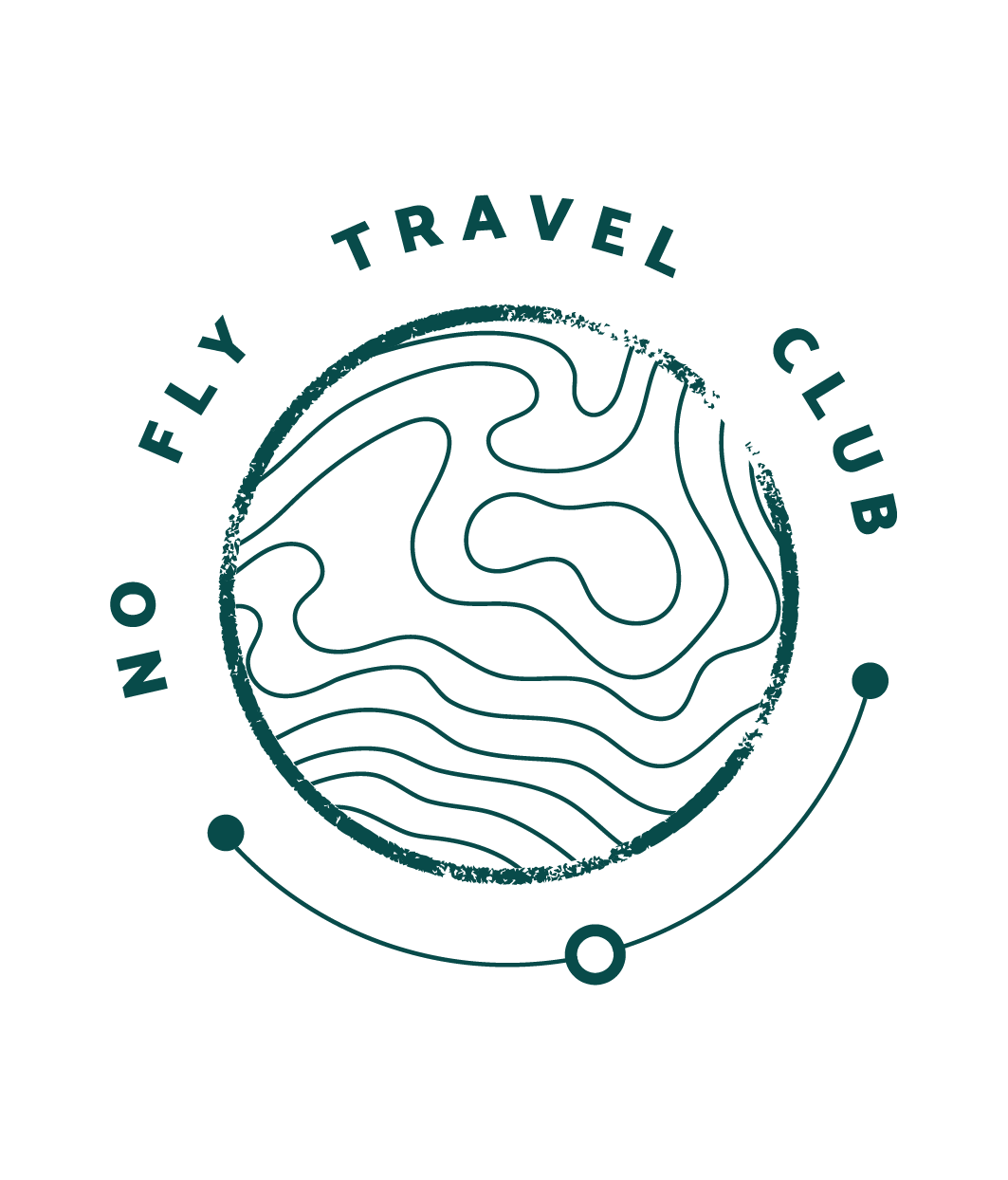
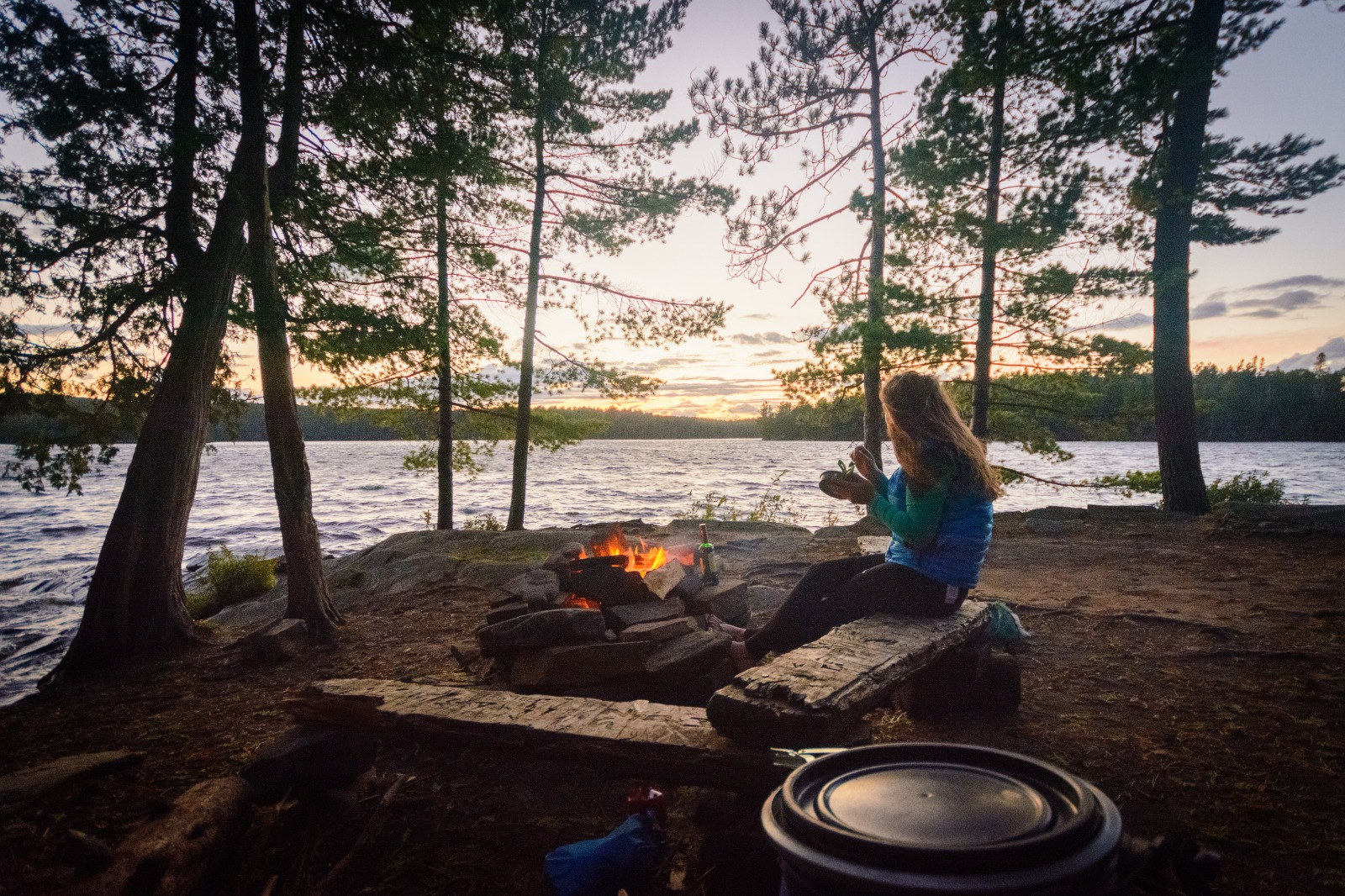


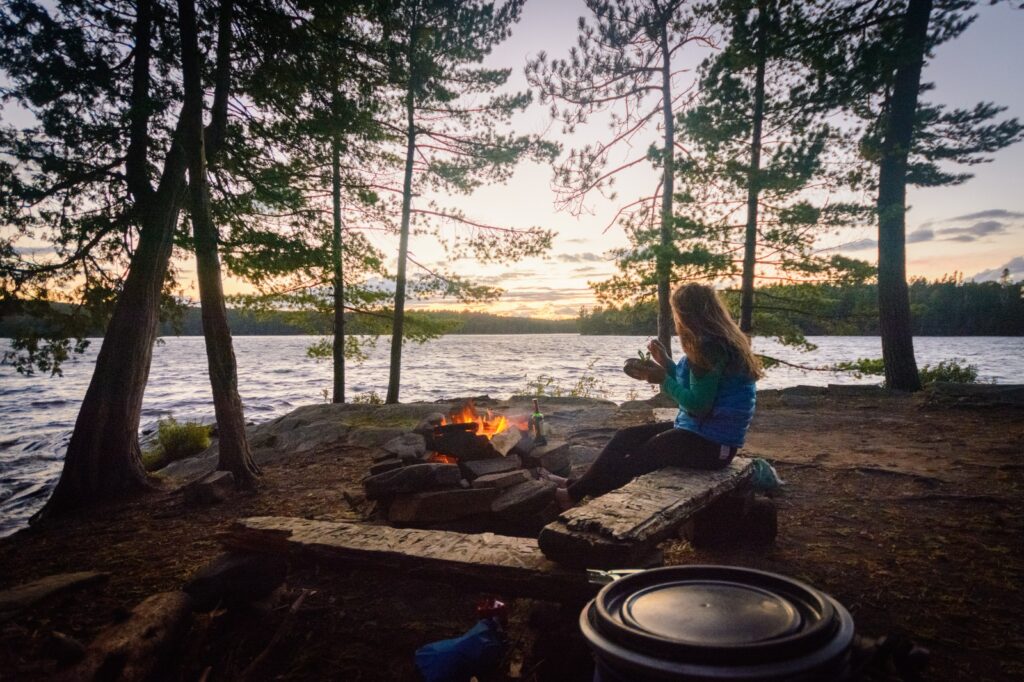
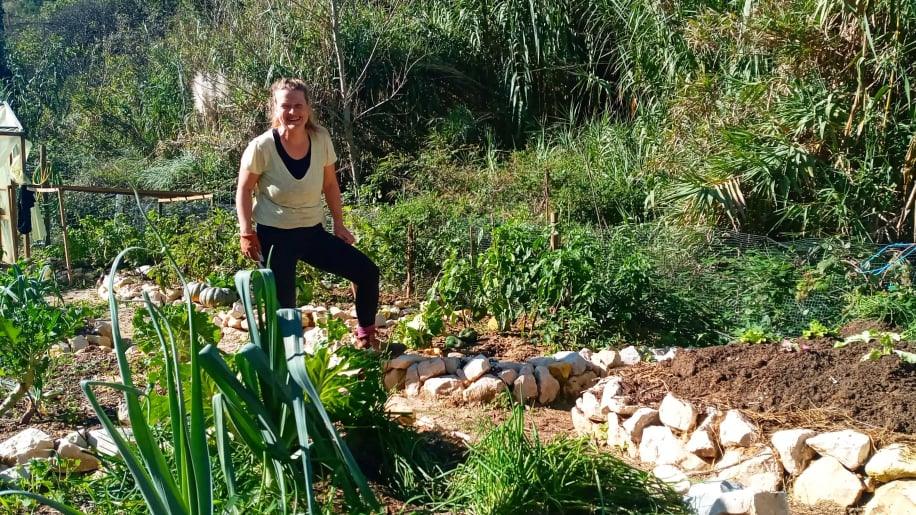
What a beautifully written article. So very relevant.
I live in New Zealand and appreciate the concept of connection.
I feel connected to myself, share deep connection with other people in our nation, with nature and with a high level of global concciousness.
Thanks so much Julia! How wonderful that you feel similar and that this resonates with you!